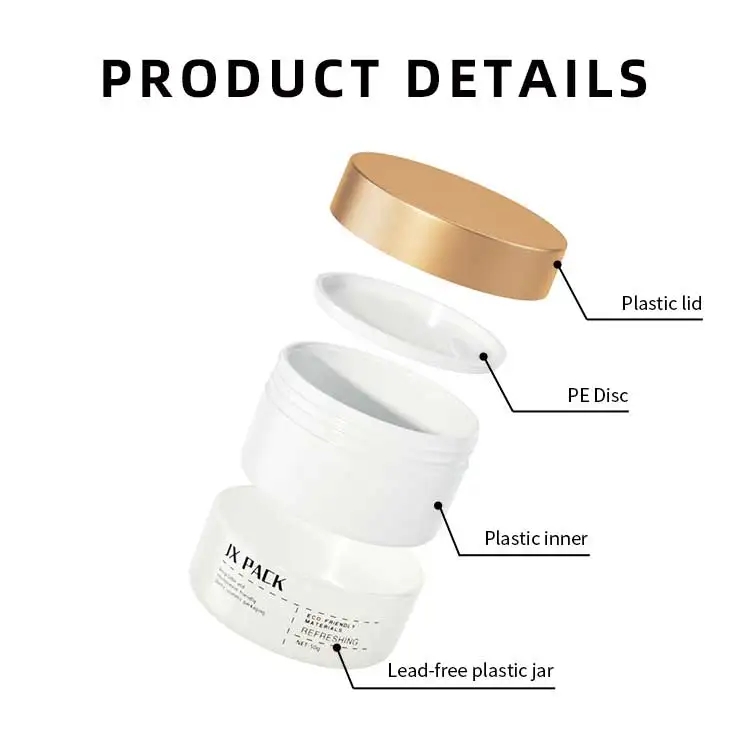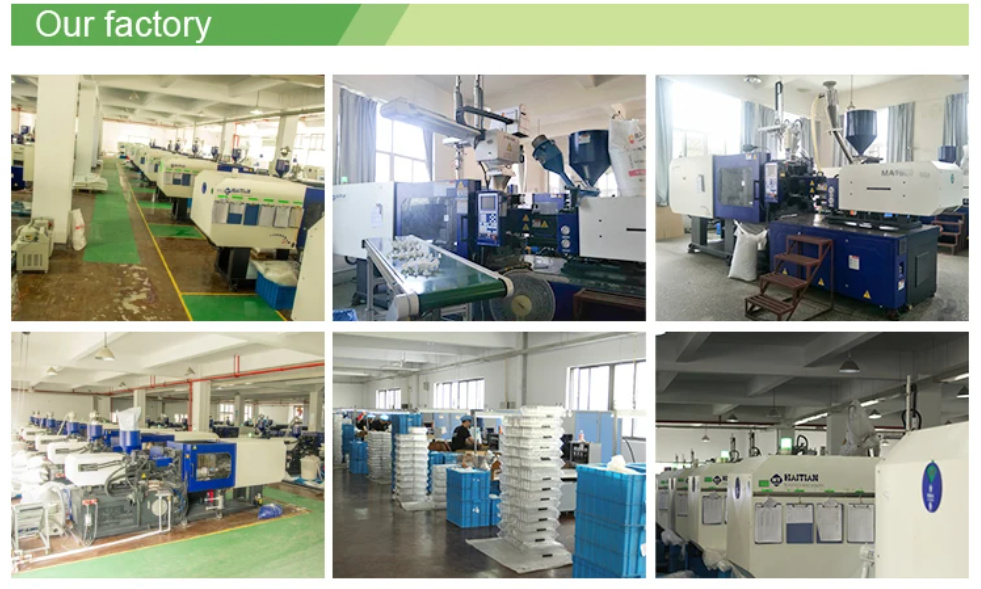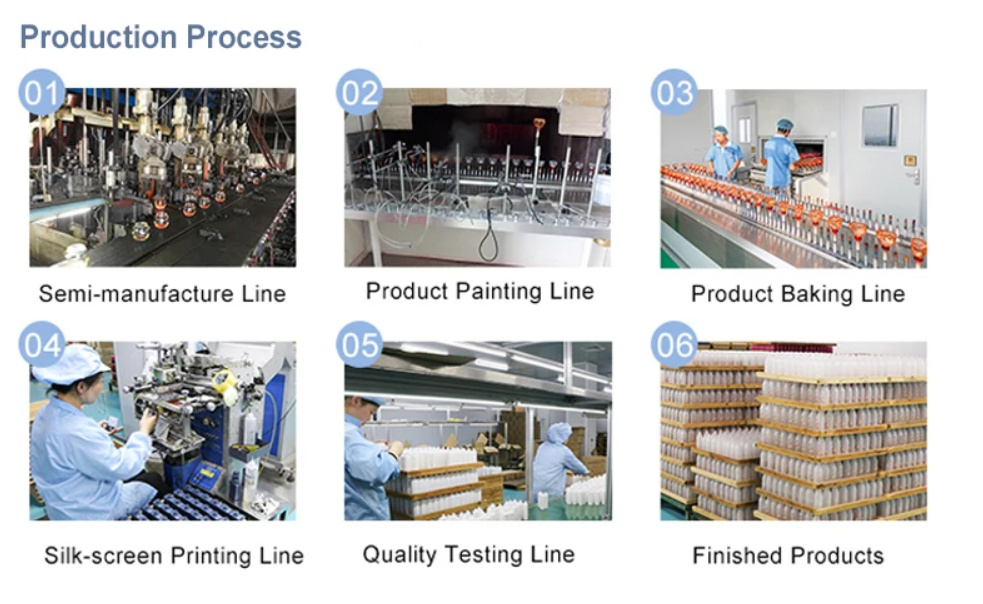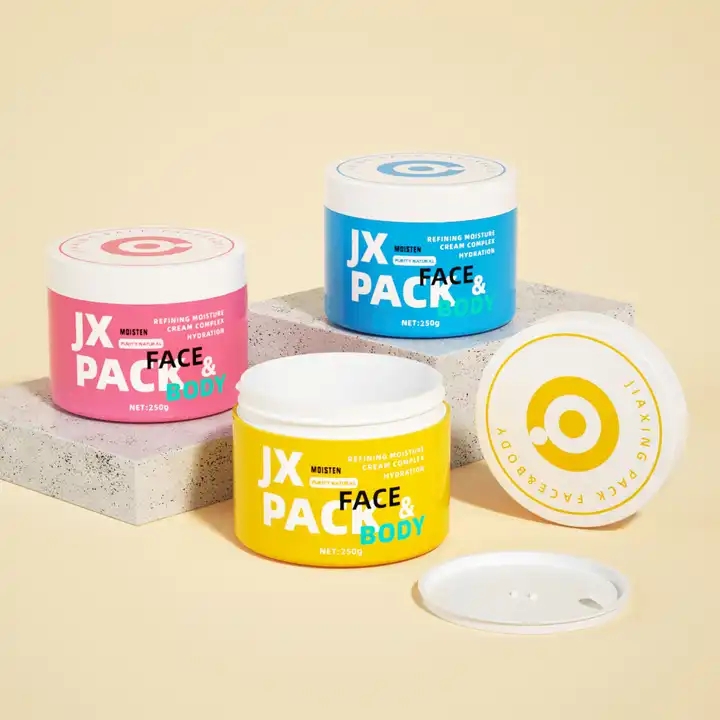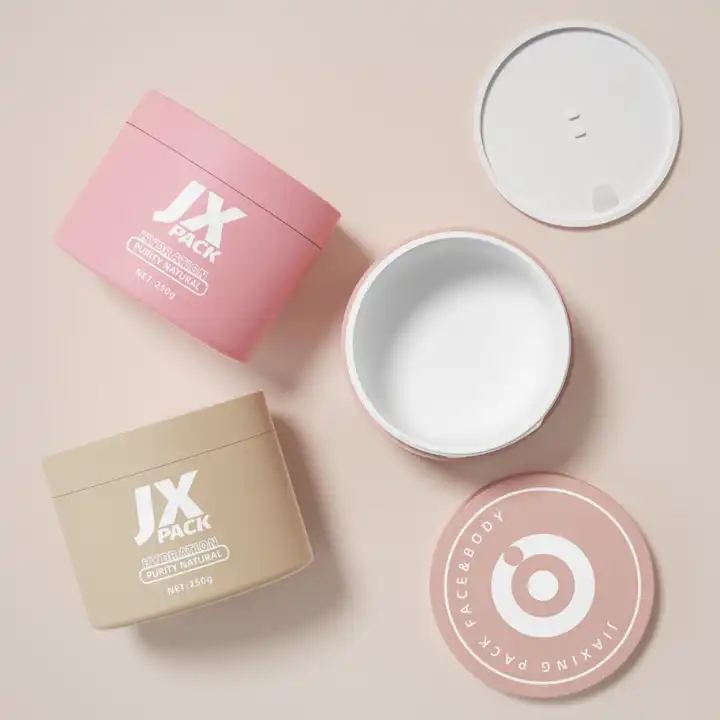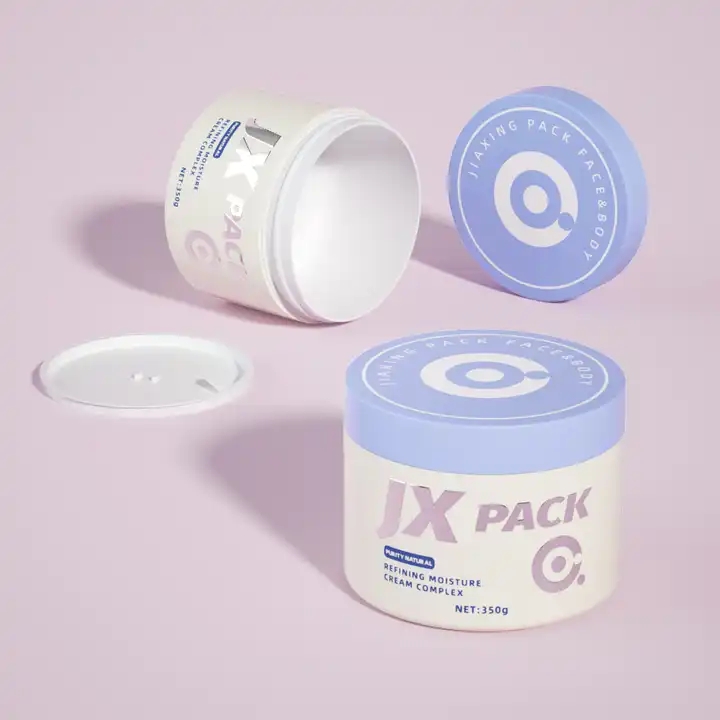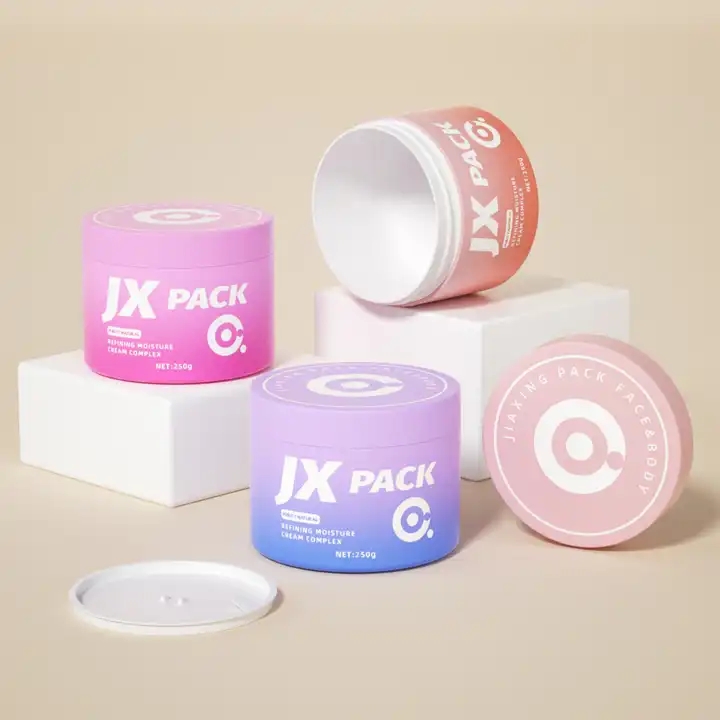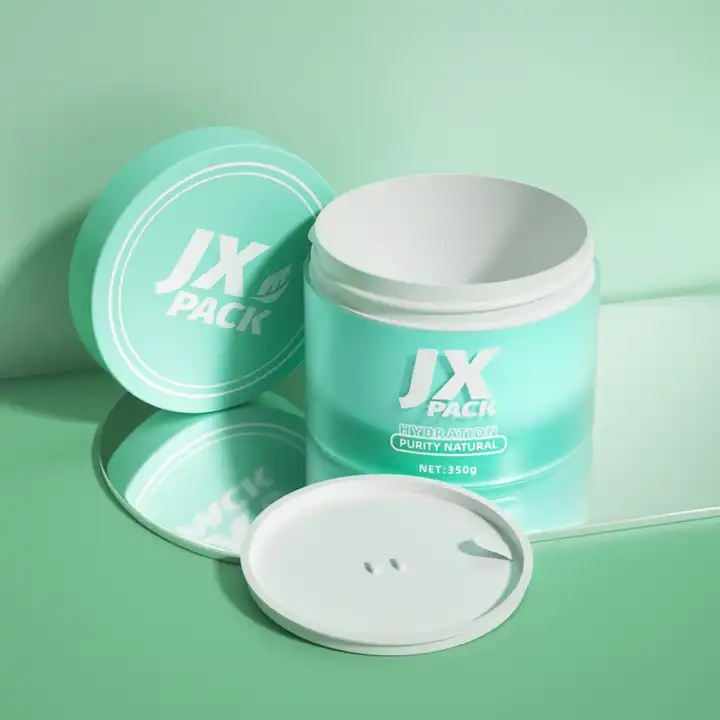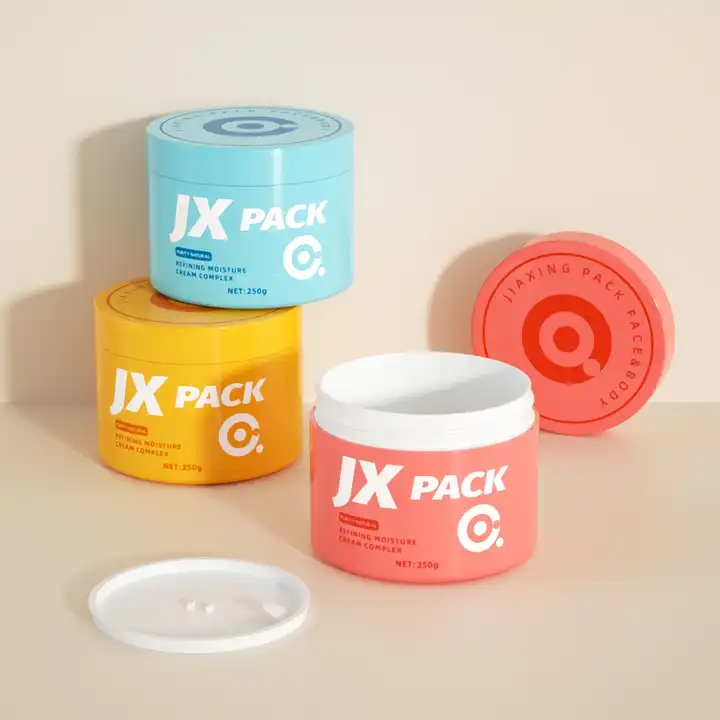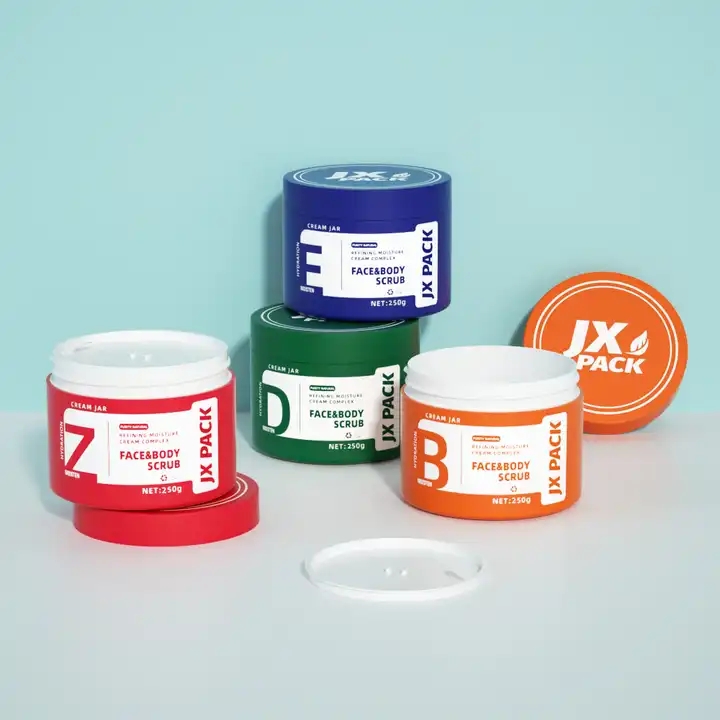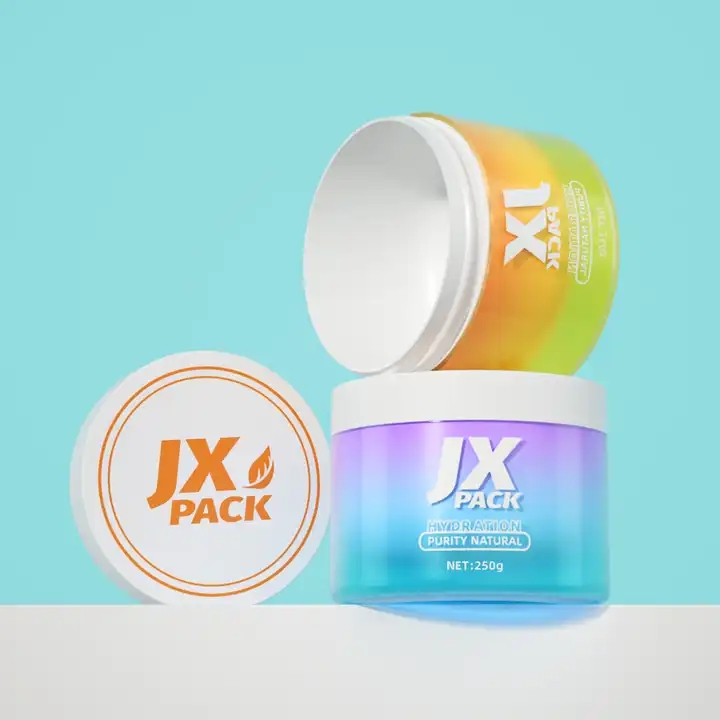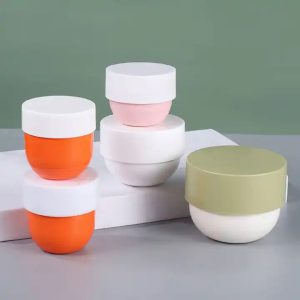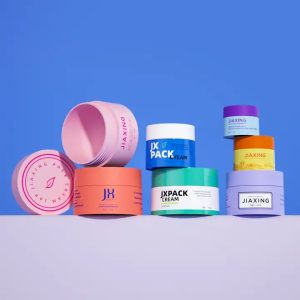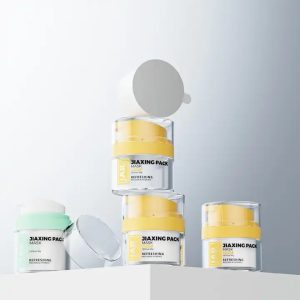A Comprehensive Guide to Plastic Cosmetic Jars
Plastic Cosmetic Jars: Versatile Solutions for Beauty Products
In the realm of cosmetic packaging, plastic jars stand as versatile and practical vessels that cater to a wide array of beauty products. These containers, crafted from durable plastics like PET, HDPE, or PP, not only ensure product preservation but also present an aesthetic appeal. Understanding the nuances of plastic cosmetic jars can be instrumental in elevating product presentation and user experience.
Types of Plastic Cosmetic Jars
Plastic cosmetic jars come in various shapes, sizes, and designs to accommodate diverse cosmetic formulations. Popular types include:
PET Jars: Known for their clarity and glass-like appearance, PET jars are ideal for showcasing products like creams, lotions, and gels. They offer excellent moisture barrier properties, maintaining product integrity.
HDPE Jars: High-density polyethylene jars are suitable for thicker formulations due to their robust and impact-resistant nature. They are often used for items such as hair masks, body butters, and scrubs.
PP Jars: Polypropylene jars are versatile and compatible with a broad range of cosmetic products. They are renowned for their chemical resistance and are commonly used for balms, ointments, and waxes.
Uses and Applications
Plastic cosmetic jars find application across various cosmetic categories, including skincare, haircare, and personal care. Their versatility makes them suitable for:
Creams and Moisturizers: PET jars with screw-top lids are perfect for housing face creams and body lotions, offering easy access and secure closure.
Masks and Scrubs: HDPE jars with wider mouths facilitate convenient scooping of thicker formulations like facial masks and exfoliating scrubs.
Balms and Salves: PP jars with sealing options such as pressure-sensitive liners maintain the freshness of lip balms, cuticle creams, and healing salves.
Best Practices for Using Plastic Cosmetic Jars
Material Selection: Choose a jar material that complements the specific product requirements, considering factors like compatibility, clarity, and durability.
Size and Design: Opt for jar sizes that accommodate the product volume while ensuring ergonomic handling for end-users. Additionally, consider labeling space for branding and product information.
Sealing and Closure: Utilize appropriate sealing options like foam liners or induction seals to prevent leakage and preserve product freshness.
Labeling and Branding: Invest in high-quality labeling that adheres securely to the jar surface, providing vital information and enhancing visual appeal.
Conclusion
Plastic cosmetic jars serve as indispensable packaging solutions within the beauty industry, offering functionality, aesthetic appeal, and product protection. By understanding the diverse types, applications, and best practices associated with these jars, cosmetic brands can elevate their packaging game, ensuring a seamless user experience while maintaining product integrity.
